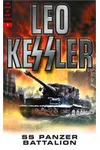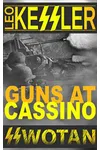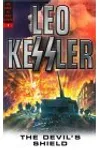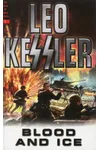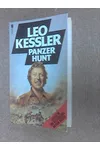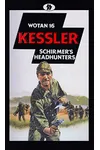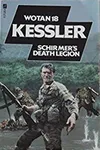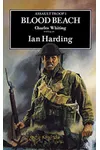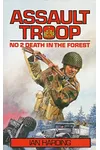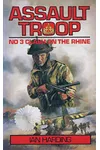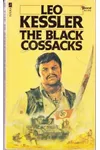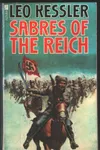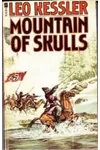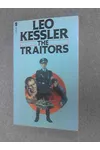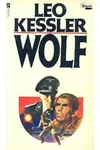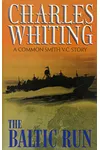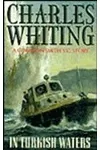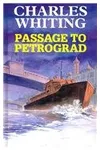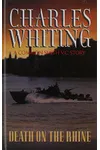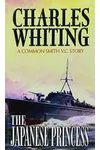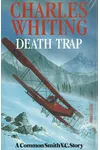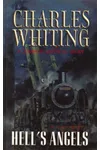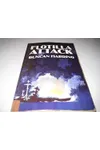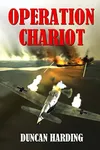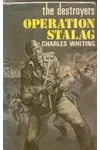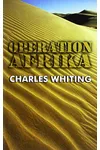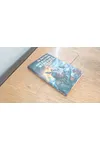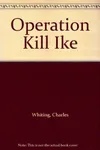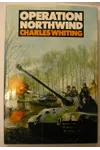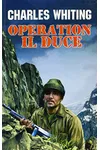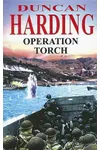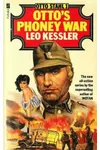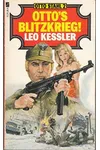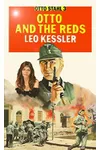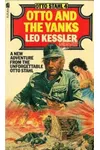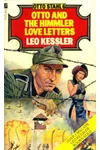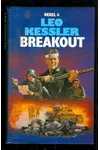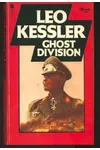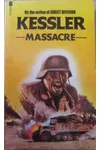Picture a Yorkshire lad who swapped a school desk for a soldier’s boots, then spun his wartime tales into over 350 gripping books—meet Charles Whiting! Born in York, England, this prolific military historian and novelist brought World War II to life through the eyes of everyday soldiers, crafting stories that pulse with grit and heart. Writing under pseudonyms like Leo Kessler, Whiting’s vivid narratives and meticulous research made him a beloved figure in war literature, captivating readers with tales of courage and chaos.
The Making of Charles Whiting
Born on December 18, 1926, in York’s Bootham area, Charles Whiting grew up with a love for adventure novels and Britain’s military past. At 16, he fibbed about his age to join the British Army, eager for action. By 18, he was a sergeant with the 52nd Armoured Reconnaissance Regiment, serving in France, Holland, Belgium, and Germany during World War II’s final stretch. These experiences, coupled with witnessing rivalries among top Allied generals, fueled his later works. After the war, Whiting studied history and German at Leeds University, kicking off his writing career with his debut novel, The Frat Wagon, in 1954.
Charles Whiting’s Unforgettable Stories
Whiting’s bibliography is a treasure trove of over 350 fiction and non-fiction titles, often penned under names like Leo Kessler or Duncan Harding. His fiction, like the thrilling Dogs of War series, follows the fictional SS Wotan unit, blending visceral action with wartime desperation. As Leo Kessler, he sold 60,000 copies annually in the 1980s, cementing his place in the 1970s paperback boom. His non-fiction shines in works like York Blitz, 1942, a poignant account of the German bombing of his hometown, and America’s Forgotten Army, which chronicles the U.S. Seventh Army’s overlooked battles. Whiting’s style—raw, soldier-focused, and steeped in historical detail—sets him apart, offering readers a ground-level view of war’s chaos. His controversial Hemingway Goes to War dives into Ernest Hemingway’s wartime escapades, sparking debate with its bold claims.
Unlike traditional historians fixated on generals, Whiting zoomed in on the foot soldier’s perspective, capturing their fear, bravery, and camaraderie. His “bang-bang, thrills-and-spills” approach, as he called it, made his novels pulse with energy, while his non-fiction balanced storytelling with rigorous research. This dual talent kept readers hooked, from gritty thrillers to sobering histories.
Why Charles Whiting Matters
Charles Whiting’s legacy lies in his ability to humanize World War II, giving voice to the unsung soldiers who shaped history. His works educated generations about lesser-known battles, from the Siegfried Line to the Alps, while his fiction thrilled readers with high-stakes drama. By blending personal experience with historical insight, Whiting preserved stories that might have faded, earning praise as one of Britain’s most prolific military writers. His influence endures in war literature, inspiring readers to explore the human side of conflict.
- Born: December 18, 1926, York, England
- Key Works: York Blitz, 1942, America’s Forgotten Army, Dogs of War series, Hemingway Goes to War
- Pseudonyms: Leo Kessler, Duncan Harding, John Kerrigan, Klaus Konrad
- Died: July 24, 2007, York, England
Ready for a literary adventure? Grab America’s Forgotten Army or dive into the Dogs of War series to experience Charles Whiting’s thrilling blend of history and heart-pounding action!
